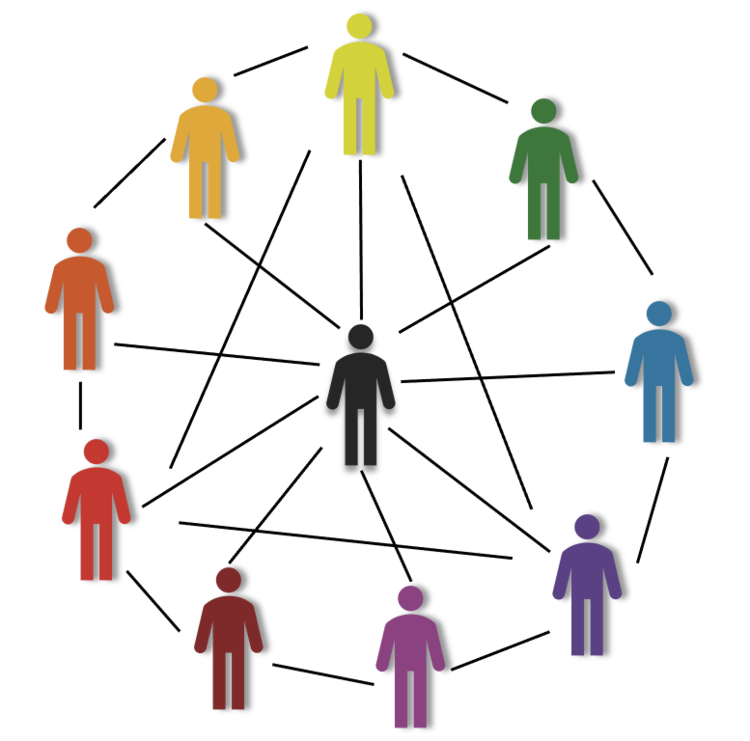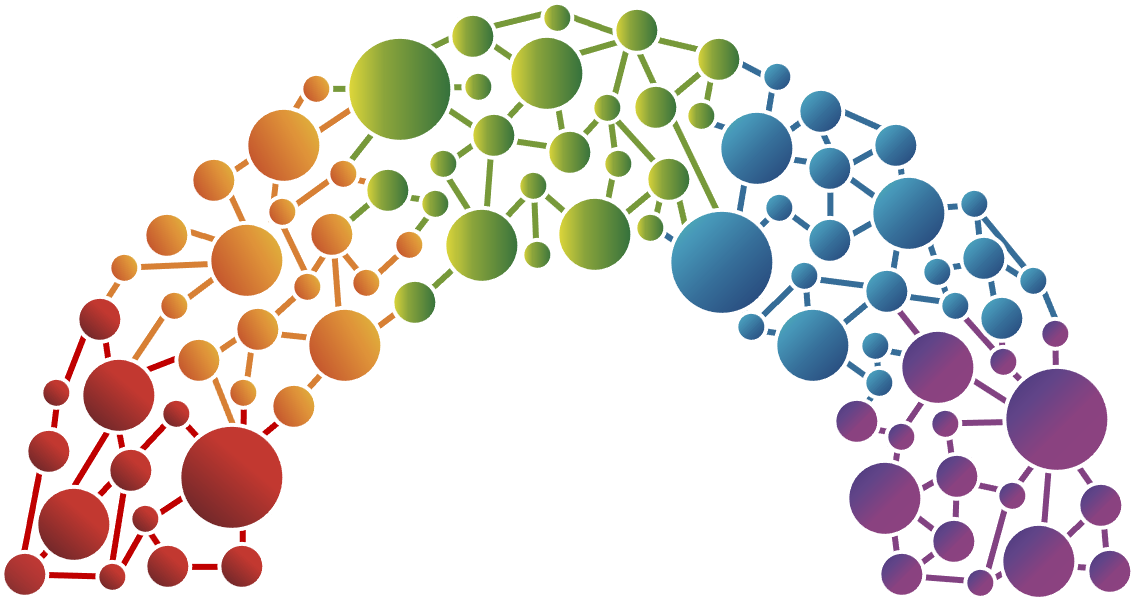Research
The overarching goal of the Adversity and Relationships in Context Lab is to conduct research that contributes to our collective ability to understand and address inequality in society. This research falls under two broad questions: (1) what are the social and psychological consequences of adversity, and (2) what role do social structures play in exacerbating or mitigating the consequences of adversity? To learn more about research projects in the lab, scroll through the descriptions below!

Binding Relationships in Lower Social Class Contexts
As psychologists have turned their attention to social class, they have demonstrated the consequences of material resources and societal rank for a wide array of psychological tendencies, (e.g., attention, motivation, affect, etc.; see Carey & Markus, 2016 for a review). In this line of research, we test the hypothesis that social class has such a powerful influence on human psychology, in part, because it has a powerful influence on the nature of social relationships.
This research reveals that with fewer economic and material resources, relationships become a crucial source of “social wealth” and, consequently, an essential and binding part of life. For example, we find that lower social class contexts give rise to social networks that are smaller, more interconnected, made up of more family members, and more likely to provide critical support for survival—such as money or childcare—than social networks in higher social class contexts. In turn, relationships play a more central role in people’s conceptions of self in lower (vs. higher) social class contexts. High school-educated participants in our studies are more likely to construe “self” as more connected to and overlapping with “close others” and to agree that “once you have a relationship, you are connected for life.” How people understand themselves is consequently fundamental to how they navigate and act in the world. For example, in a series of studies, we find that high-school-educated participants, construing themselves as more enduringly connected to close others, were more likely than college-educated participants to prioritize relational obligations. For example, they were more likely to show loyalty to close friends, to advise maintaining relationships in the face of conflict, and to feel satisfied when they maintained their own conflicting relationships.
Overall, these findings have important implications for understanding the psychological consequences of inequality. It reveals that social class differences in how people think, feel, and act are not inherent to individuals but rather emerge as people inhabit class-shaped social realities.

Close Relationships and Social Class Health Disparities
Social class disparities in health and well-being are pervasive and well-documented—with lower social class standing, individuals experience worse well-being, higher rates of disease, and shorter lifespans. In this line of research, we examine the unique role that relationships play in promoting health and well-being in lower social class contexts. While relationships are often seen as universally important for health, happiness, and success, this research demonstrates that relationships are especially critical in contexts where people have limited access to economic and material resources.
For example, in one line of research we find that supportive and trusting relationships are twice as predictive of long-term health and well-being for people with lower versus higher social class standing (Carey, Stephens, & Markus, under review). In another line of research, we find that for people with less income and education, access to supportive relationships is linked to fewer physical ailments (e.g., migraines, fatigue), less psychological adversity (e.g., emotional distress, hopelessness), more positive affect (e.g., happiness, liveliness), and less negative affect (e.g., sadness, anxiety) in the first few months of the COVID-19 pandemic.
This work has important implications for addressing the consequences of inequality. For example, it suggests that interventions or policies that leverage close relationships can be effective in reducing social class health disparities. This work also cautions against interventions or policies that negatively impact relationships, as they can inadvertently exacerbate the very disparities they aim to reduce.

Cross-Class Interactions: Frequency, Experience, and Consequences
Addressing inequality in society requires creating opportunities for upward social class mobility, of which, one of the most pivotal is attaining a college degree. While colleges have increasingly sought to recruit students from lower and working-class backgrounds (i.e., first-generation, low-income students), the upper and middle-class culture of higher education institutions can alienate these students and impede their academic performance. Students from lower social class backgrounds are more likely than their peers to question whether they belong in college, and these challenging feelings are strongly tied to their interpersonal and relational experiences in college. In this line of research, we examine how first-generation and low-income (FGLI) students’ interactions and relationships with their peers from higher social class backgrounds impact their experiences and outcomes in college. t
For example, using daily diary methods to examine over 11,400 interactions of first-year college students, we tracked the frequency, experience, and outcomes of cross-class interactions (Carey, Stephens, Townsend & Hamedani, 2022). This research revealed that students do not interact across social class as frequently as they could given the social class diversity of their institutions. Furthermore, students reported less satisfaction, less perspective-taking, and more threat in their cross-class compared to same-class interactions, suggesting that one reason students might avoid cross-class interactions is the lower quality of these experiences. Despite these challenges, cross-class interactions were nevertheless a significant source of belonging for first-generation and low-income students. For these students, higher rates of cross-class interactions led to a greater sense of belonging, which, in turn, promoted better academic performance (i.e., end-of-year GPA).
These findings have important implications for addressing economic inequality. Specifically, they demonstrate that cross-class interactions can play a significant role in social class mobility (e.g., by increasing belonging for first-generation, low-income students), but that they also require careful fostering in social class-diverse environments. In a current line of research, we are testing an intervention designed to foster cross-class interactions.

